New Scientist covers the latest developments in science and technology that will impact your world. New Scientist employs and commissions the best writers in their fields from all over the world. Our editorial team provide cutting-edge news, award-winning features and reports, written in concise and clear language that puts discoveries and advances in the context of everyday life today and in the future.
Elsewhere on New Scientist
A net-negative world • We can’t stop at net zero to reverse catastrophic climate damage
New Scientist
Kakhovka dam in Ukraine bursts
Homo naledi’s complex life • Recent discoveries suggest that Homo naledi, an ancient and primitive human species, may have made etchings and buried its dead, despite its small brain, finds Alison George
Antibiotic clovibactin kills even the superbugs that are resistant to drugs
‘Spectre’ tile covers surfaces without the pattern repeating
Reflective film could cool a city • Coating roofs in a mirror-like film has brought down indoor temperatures in Freetown, Sierra Leone, which is frequently subject to extreme heat, finds James Dinneen
Field notes The Thames Tideway Tunnel, London • A super sewer designed to fight river pollution A huge concrete pipe is being built under London to reduce the frequency of sewage discharges into the river Thames. Graham Lawton gets inside
Massive Turing test shows we often fail to distinguish chatbot AIs from a person
Coral reef microbe community is staggeringly diverse
Stem cells may help type 1 diabetes • Infusions of cells derived from umbilical cords slowed the need for insulin injections
Canadian wildfires have emitted record amounts of carbon
Weird filaments of gas are hiding at our galaxy’s centre
Analysis Aviation fuel • Why using pig fat to fuel planes is hogwash Airlines plan to use biofuel made from fat to meet sustainability targets, but this would actually increase emissions, says Michael Le Page
Planned moon landings could pelt orbiters with dusty debris
Octopus ink compound can target cancer cells
Reusable granules suck harmful PFAS ‘forever chemicals’ out of water
Stressed monkeys lost tooth enamel after losing habitat
Virus that can deliver a huge payload of DNA could improve gene therapies
UFO hunters at NASA haven’t found any aliens – yet
Whale shark seen feeding on seabed
Bacterium may help process mining ore
Desert ants build their own landmarks to navigate home
Really brief
Brain power • Should we use living brains as a form of artificial intelligence? And at what point should we protect their welfare, asks Michael Le Page
This changes everything • And now for something completely familiar The much hyped social media app Bluesky is meant to be doing things differently, but it is yet another Twitter clone, says Annalee Newitz
Art to the rescue
Your letters
The edge of extinction • Striking stories about the snow leopard and partying orcas make a book about threatened species more likely to motivate readers to action, says Jack Ashby
Universal truths • A terrific guide to our spectacular universe might kindle a fresh reverence for Earth, finds Simon Ings
New Scientist recommends
The TV column • A force to reckon with An alarming documentary about the court case of Johnny Depp and Amber Heard shows how a powerful, untamed social media has the potential to undermine our justice systems, says Bethan Ackerley
Beyond 1.5°C: The hell years • Global warming is set to pass 1.5°C imminently. Our efforts to reverse that heating will hopefully pay off, but what will the decades until then be like, asks Madeleine Cuff
What’s in a...
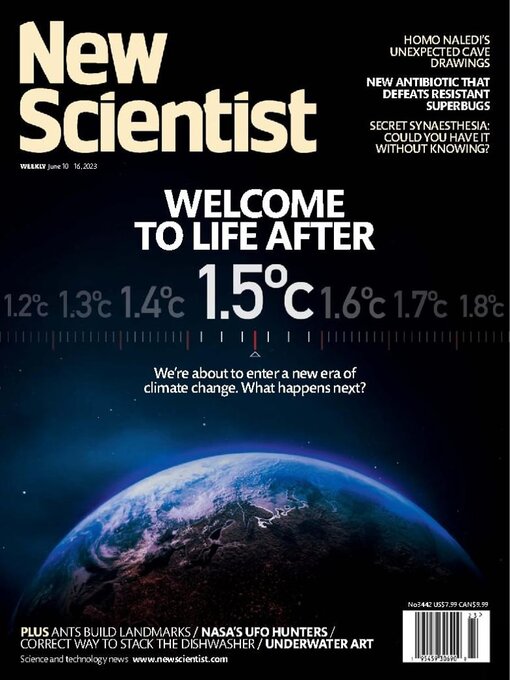
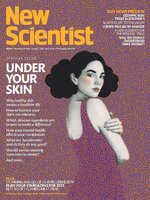 Dec 28 2024
Dec 28 2024
 Dec 14 2024
Dec 14 2024
 Dec 07 2024
Dec 07 2024
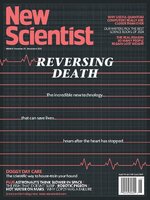 Nov 30 2024
Nov 30 2024
 Nov 23 2024
Nov 23 2024
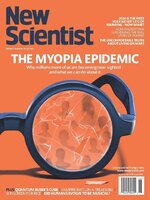 Nov 16 2024
Nov 16 2024
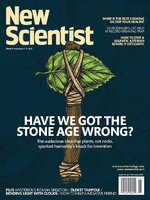 Nov 09 2024
Nov 09 2024
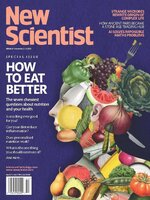 Nov 02 2024
Nov 02 2024
 Oct 26 2024
Oct 26 2024
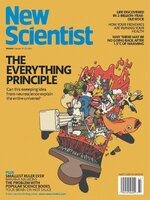 Oct 19 2024
Oct 19 2024
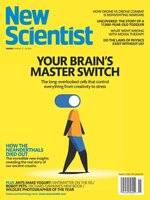 Oct 12 2024
Oct 12 2024
 Oct 05 2024
Oct 05 2024
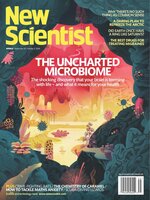 Sep 28 2024
Sep 28 2024
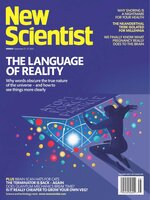 Sep 21 2024
Sep 21 2024
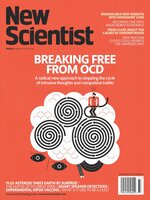 Sep 14 2024
Sep 14 2024
 Sep 07 2024
Sep 07 2024
 Aug 31 2024
Aug 31 2024
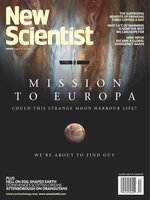 Aug 24 2024
Aug 24 2024
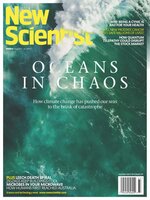 Aug 17 2024
Aug 17 2024
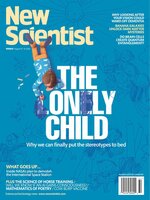 Aug 10 2024
Aug 10 2024
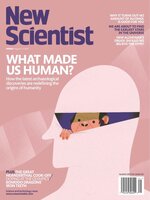 Aug 03 2024
Aug 03 2024
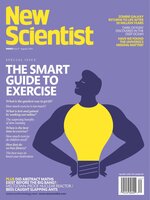 Jul 27 2024
Jul 27 2024
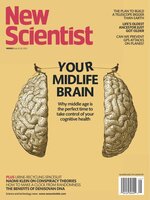 Jul 20 2024
Jul 20 2024
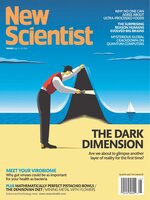 Jul 13 2024
Jul 13 2024
